comScore, an internet marketing research company, reported that Android devices saw the largest U.S. market share growth in Q4, between September 2009 and December 2009. The firm found Android has increased its hold on the market by a total of 2.7% to a total of 5.2% in Q4.

Motorola was the top ranked with 23.5% of U.S. mobile devices, LG ranked second with 21.9%, followed by Samsung 21.2%, Nokia 9.2% and RIM with 7.0%. Check out comScore’s full report and see how Android is growing in the market. Surely the launch of the Motorola Droid cushioned these stats.
With such rapid growth and development, it just goes to show the superiority of Android and I, for one, cannot wait to see where 2010 takes us. Do you all think that 2010 will be the year of our favorite lil green robot?



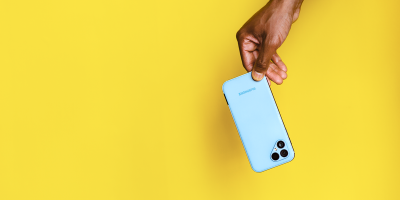


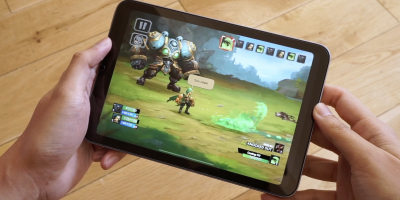
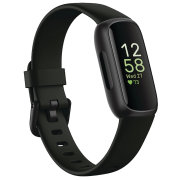
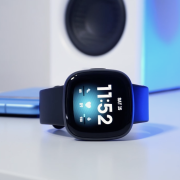
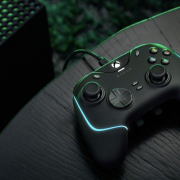

Yay…..!?
I’m more interested in Q1 2010 reports. Obviously, it will be awhile before those come out… I think the growth during Q1 will blow Q4 out of the water.
OK I like the android OS and am waiting for a Motorola Milestone (Canadian version of the Droid) but lets be serious, 100% growth of nothing is still nothing.
Lets not plan the parade untill we see 100% growth over double digit market penetration.
the problem is that only the techies love the droid, teh masses are still drinking the iPod kool aid.
Who cares, we still get the best available.
Thanks Android.
umm, where’s symbian on the list?
Or maybe nokia has been completely destroyed without anyone noticing?
I, for one, welcome our new dessert-themed overlords.
As the platform matures, and more devices become available, it will gain market share. Android 2.x upgrades for existing devices will help too, I’m sure. The one concern I have is that they are still aimed mostly at consumers, and there is no enterprise-level security or management in place yet. Blackberrys can be managed through BES, and Windows Mobile devices through Exchange. Even iPhones can be managed to a certain degree, although they really need to come up with a management tool other than iTunes. Android doesn’t even have a solid universal syncing tool with all the bells and whistles (The Missing Sync for Android is close, but not cheap), let alone an enterprise management tool. Theoretically they could be controlled the same way Windows Mobile devices are, but the OS itself needs to support all the security features available. In small and maybe some medium businesses, this isn’t a big deal, but with big enterprise, no management is not going to fly. Unless Google decides to target the enterprise market, I doubt we’ll see RIM unseated anytime soon. I do wish there was a way to separate market share between consumers and business users though, because that might reveal some very interesting differences in market share. I know a businessman who tried a Moto Droid and went back to Blackberry within a week, and I have an acquaintance that had a Blackberry on Verizon and dumped it for a Moto Droid in a heartbeat when it came out, and couldn’t be happier. In the consumer market, I’m willing to bet that the iPhone, Android, and WebOS reign supreme in the smartphone world.
Q4 ’09 – Android was just starting to come to life. There will be about 30-40 phones of various Android stripes on all the carriers in the US by the end of Q2 ’10. I’m not making any predictions, but it would be pretty dumb not to anticipate Android at least doubling its market share and probably more in that period. And it’s going to come at the expense of all the competitors, not just Palm and MS.
Business users may stick it out with RIM for a while, but they are increasingly going to feel ‘stuck’ with a Blackberry rather than ecstatic about it. In any event, consumer is where most of the growth will be, as users switch over from dumb to smart phones.
Chuck G wrote:
“OK I like the android OS and am waiting for a Motorola Milestone (Canadian version of the Droid) but lets be serious, 100% growth of nothing is still nothing.”
Chuck, you seemed to miss the fact that market share numbers are based on a percentage of the entire market. Android grabbed 2.7% of the entire smartphone market, which was more than double its previous share. And the only other OS to gain share was the iPhone, which gained less than half of what Android gained. Everyone else had diminishing returns. So it really doesn’t matter where Android started, it’s now the market share growth leader. And I’m sure its competition is scared shitless.
yeah if android makes more really good Verizon phones…and good phones for other carriers then this years going to be a big and crazy android year
For more insights on Android manufacturers quotas and platform distribution, you can also have a look at our first-hand statistical research conducted on 1300 Android devices in 10-days period from Feb 23, 2010 to Mar 3, 2010.
The research is published at:
http://home.ameliemedia.com/android-market-share/